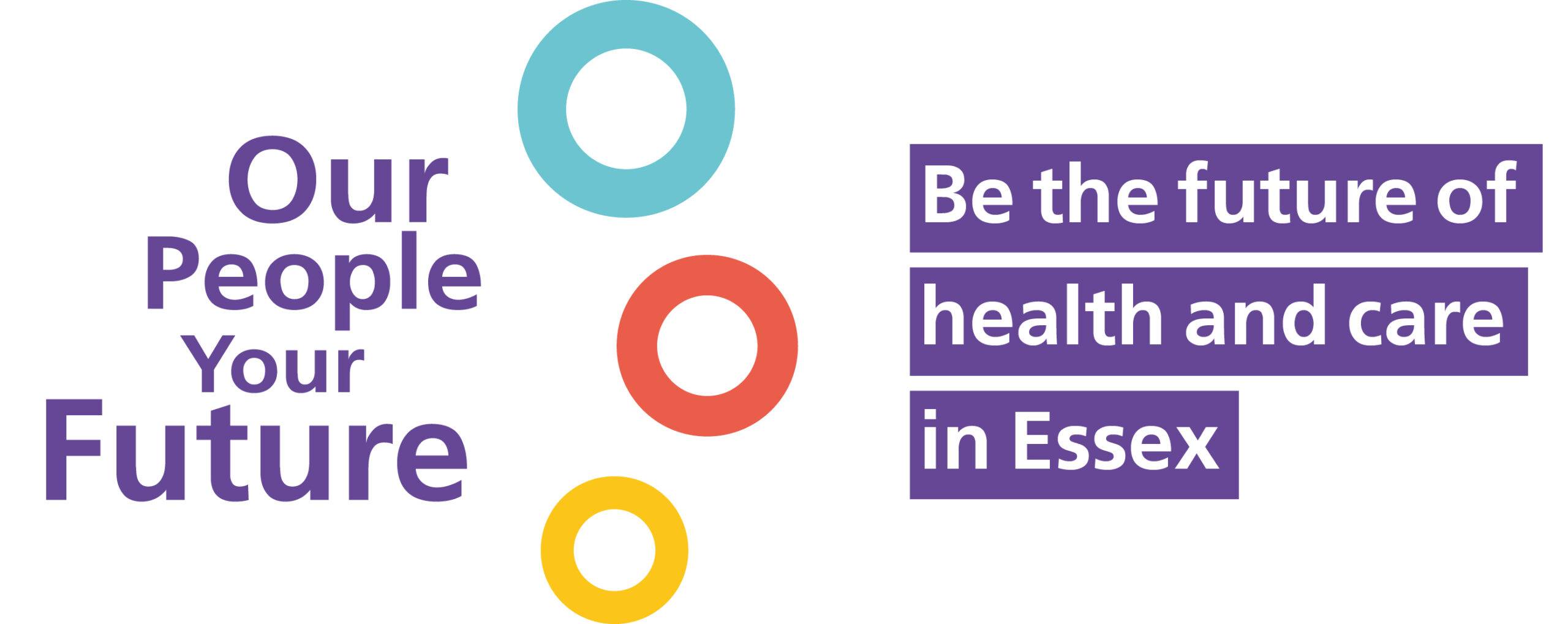Accredited Provider
- E-LFH HEE
Course Description
- Explains what frailty is, recognising it as a long term condition.
- Impacts of frailty on health wellbeing , morbidity and mortality.
- Impacts of hospital care in those with frailty.
- How frailty can improve or get worse.
- Prevention of frailty.
- Impact of frailty on mind body mobility, medications.
- Importance Holistic assessment for frailty using comprehensive geriatric assessment (CGA) framework.
- Managing multicomplexity in Frailty.
- Focus on personalised care and Outcomes that matter most to individuals.
Learning Outcomes
- Be able to understand frailty as a long term condition in its own right.
- How to measure Frailty severity- using the clinical frailty scale or electronic Frailty index.
- Understand how frailty may present and what the 5 frailty syndromes are.
- Understand that frailty can change in its severity and can also improve.
- Prevention of frailty.
- Understand the domains that make up a CGA, how to do this and importance of doing so.
- Managing medications in frailty- importance of avoiding medications that can be risky in frailty, may exacerbate any of the frailty syndromes or accelerate decline to health/wellbeing and frailty severity.
- Deprescribing and individualised approaches to medications.
- Affect on the mind in frailty- understanding delirium, cognitive decline, mood disturbance (depression and anxiety) and importance of detecting, how to detect and manage these issues.
- Understand what can increase the risk of delirium and cognitive problems developing and what can reduce the risk/help.
- Understand what can cause delirium.
- Understand mobility problems, falls risk and how to prevent and reduce falls in frailty.
- Understand importance focus on personalisation and outcomes that matter most to the person and how that can benefit people with frailty.
Course Length
- 1 Hour
Course suitable for…
- First responders such as London Ambulance Service, Hatszola Trust, St Johns Ambulance service, Good Samaritan volunteers, London Air Ambulance service.
- Rapid response workforce such as rapid response nurses, community matrons, rapid response allied health professionals and pharmacists.
- Care navigators.
- Unregistered healthcare staff at band 2 to band 4.
- Band 5 and lower band 6 registered nurses in emergency services and same day emergency services.
- Doctors in emergency departments.
- Pharmacist technicians.
- Nursing associates.
- Physician associates.
- Community and social services staff.
- Care home staff.
Please note these modules will require you to create ‘Personal Account’ to register completion of course. Once the modules have been completed, please return for further training suggestions.

